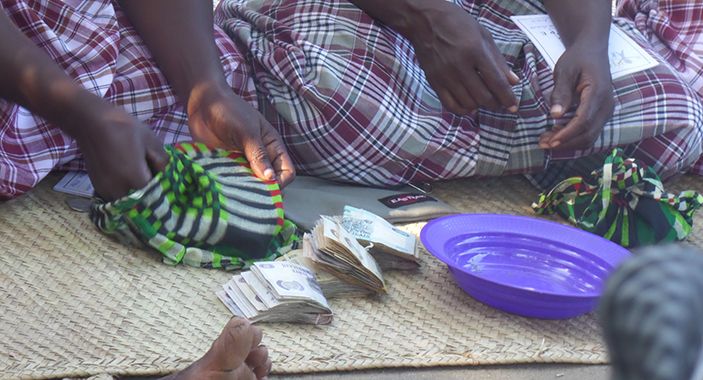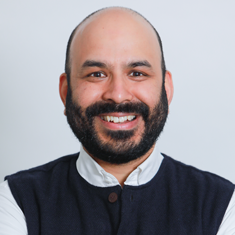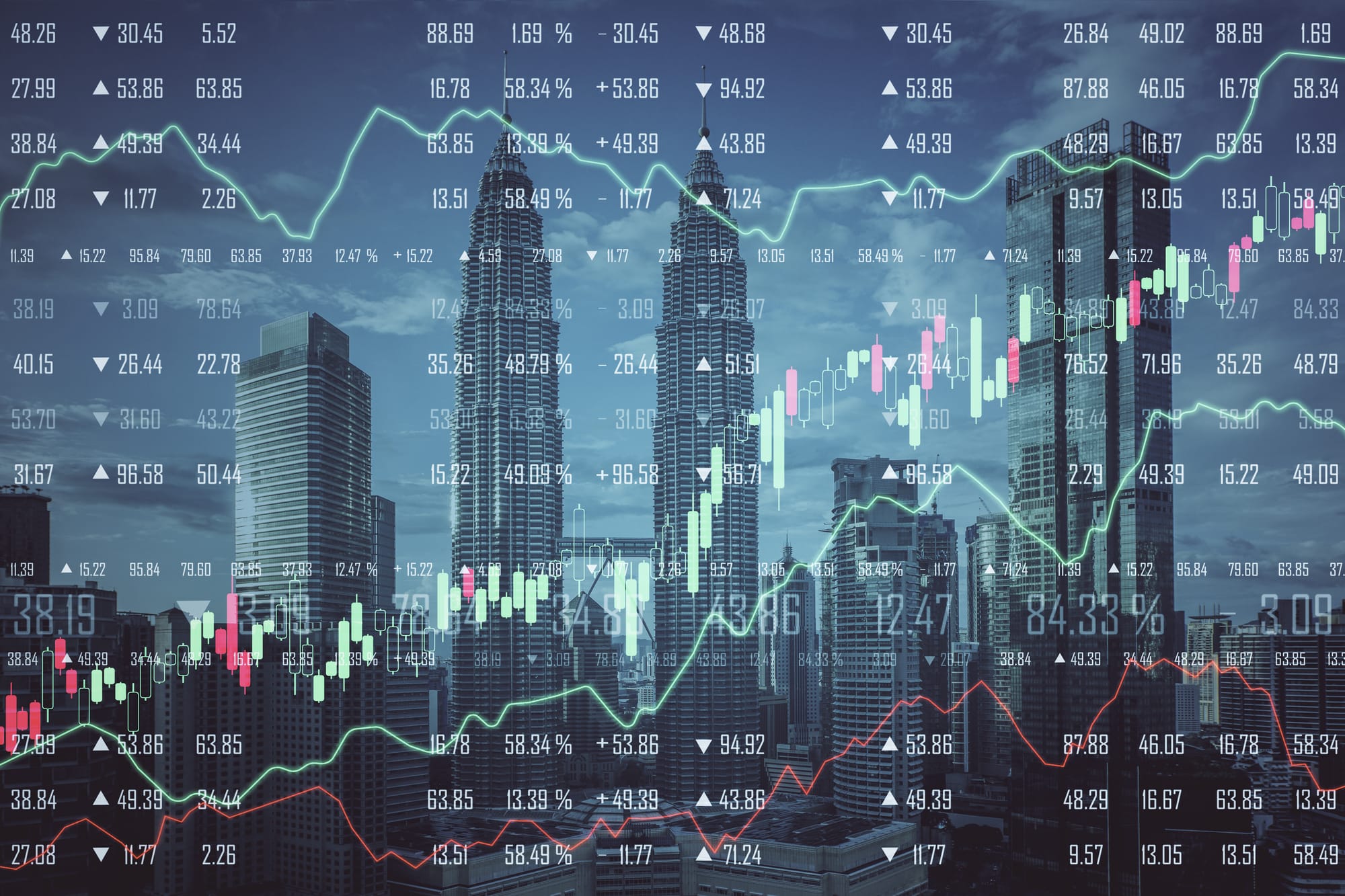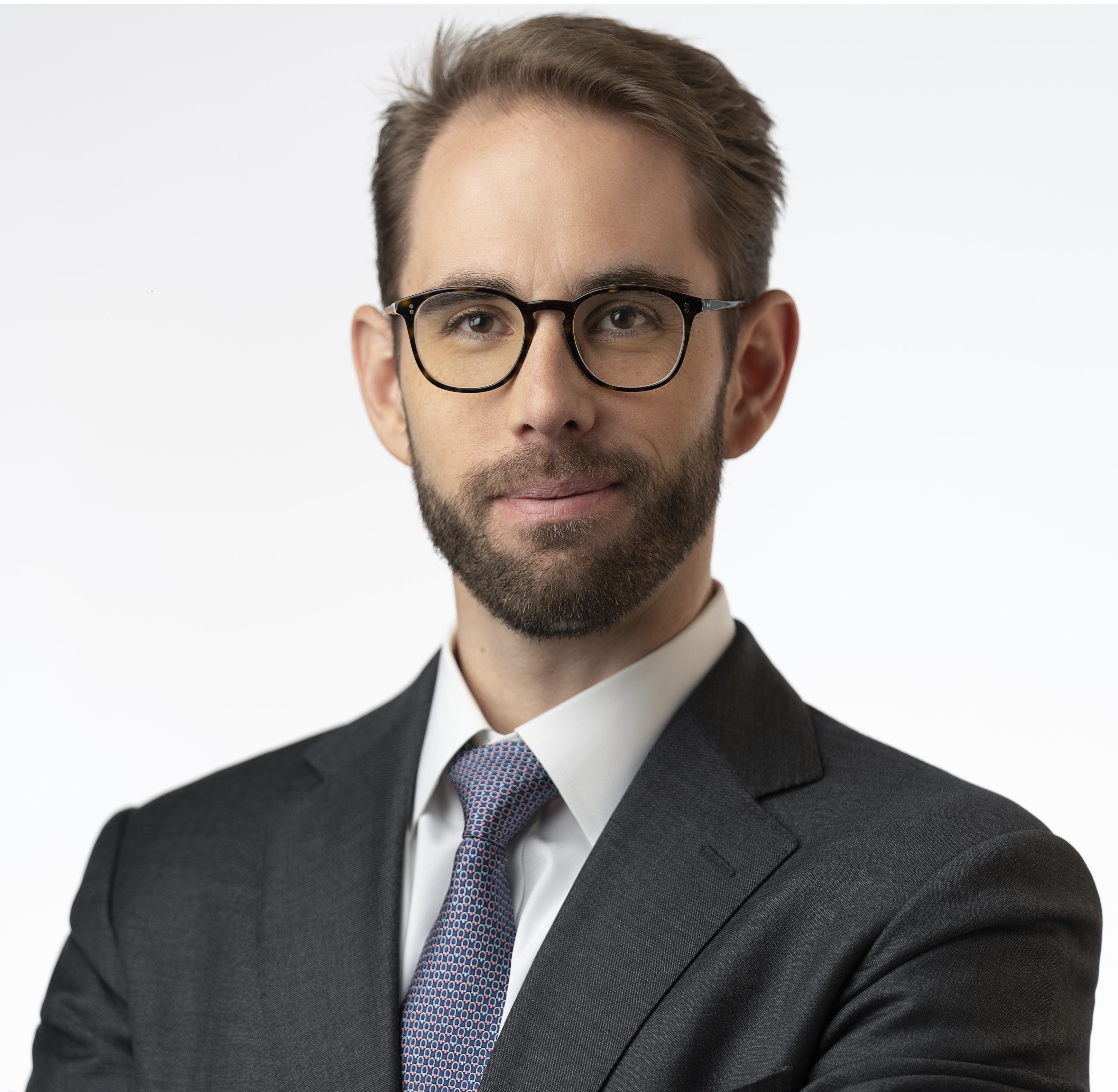Human trafficking is a form of modern-day slavery, a global scourge where people are illegally traded for exploitation and commercial gain. Globally, more than $150 billion is generated from forced economic exploitation of people for commercial sex, domestic work, or other economic activities. In July 2018, the Global Slavery Index reported that 40.3 million victims of modern slavery exist worldwide and that 71 percent are women and 25 percent are children.
Victims are often young and so desperate for better living conditions that they are enticed and conned by traffickers’ false promises of a job abroad. Factors that increase vulnerability to trafficking are poverty, economic disengagement, corruption, climate change-driven migration, conflict, and displacement.

Whilst Nigeria is making significant efforts to meet the minimum standards for the elimination of trafficking—according to the U.S. State Department’s Trafficking in Persons Report 2019—the country remains a significant transit and destination country for traffickers. The Nigerian National Agency for the Prohibition of Trafficking in Persons reports that Edo State is the most trafficked-through destination in Africa. Most victims and illegal migrants journey from Edo State to Niger republic, then travel more than 500 miles through the Sahara Desert into Libya and onward to Europe. According to the United Nations’ International Organization for Migration, as of July 2018 more than 60,000 Nigerians remain trapped in inhumane conditions in Libya, 50 percent of them from Edo State.

Leveraging Market Systems for the Vulnerable
In Nigeria, DAI is implementing the U.K. Department for International Development-funded Market Development for the Niger Delta (MADE II) programme to raise the incomes of poor people in the Niger Delta, including Edo State. MADE II has two components:
- Market Development focuses on facilitating pro-poor and inclusive economic growth in several agricultural value chains, building on the success of the first MADE programme, which ran from 2013–2018.
- The Edo State Investment Portfolio (ESIP) addresses illegal migration by creating aspirational employment opportunities and influencing behavior change in a target group of vulnerable women, youth, and victims of human trafficking. By providing access to opportunities and increased incomes, the lure of illegal migration is reduced, increasing resilience and reducing the vulnerability of those most at risk of being trafficked.

ESIP works with state agencies and other development partners to reach more than 30,000 at-risk people and engage them in income generating activities in six sectors: entertainment, fashion and beauty, information and communication technology, agribusiness, trade, renewable energy.
Through ESIP, MADE II is also strengthening the capacity of state institutions to attract local and foreign investment. The programme’s goal is to attract £10 million in seed investments that make Edo State more economically attractive to investors and residents. To achieve this, MADE II is supporting the Edo State Investment Promotion Office to better position itself to attract private sector investments and grow existing investments.

Results Thus Far
To date, MADE II has attracted investments of £3.9 million and is on track to reach its investment promotion target by February 2020. ESIP’s interventions have reached more than 18,000 people (52 percent women) and provided them access to income-generation activities such as: facilitating market access for plantain and pineapple farmers; providing opportunities in apiculture (beekeeping); providing opportunities in livestock farming; increasing access to skills development classes; and facilitating linkages for micro-retailing of fast-moving consumer goods.
In a little over one year, ESIP has:
- Supported development of a framework for the Edo Diaspora Development Fund to attract remittance-based investments from Edo indigenes in the diaspora;
- Worked with local organizations to—create awareness about the negative effects of human trafficking, implement a Media for Development pilot, hold town hall meetings in collaboration with the Edo State Taskforce Against Human Trafficking, and counsel 500 vulnerable households.
- Supported the U.K. Cabinet Office to implement a six-week “Not for Sale” communications campaign to discourage young girls and women from migrating abroad into modern slavery while raising awareness of economic opportunities in Edo and throughout Nigeria.
- Conducted the “Strengthening Market-Based Approaches to Stimulate Livelihoods” conference for more than 100 stakeholders (returnee trafficked persons, vulnerable youth, private sector representatives, Edo State Government, and civil society organizations) to reflect on the MADE approach to livelihoods programming, outcomes, and scale-up approaches.

Photo: DAI Nigeria.
Time to Take Action Against Trafficking
July 30, 2019, is the United Nations Office on Drugs and Crime World Day Against Trafficking in Persons. To commemorate the day, MADE II is collaborating with the International Centre for Migration Policy Development (ICMPD) and Edo Taskforce Against Human Trafficking (ETAHT) at the ETAHT 6th Town Hall Meeting in Esan North and East Local Government Area of Edo State. Through the event, MADE II is furthering its work to create awareness and sensitize vulnerable households and potential victims to the dangers of illegal migration and expose participants to alternative livelihoods and aspirational economic opportunities.
To effectively eradicate the scourge of human trafficking, stakeholders must take focused action to investigate and prosecute traffickers, protect returnee trafficked persons, and prevent future trafficking.
Enene Ejembi is a strategic communications manager for DAI based in Abuja, Nigeria; DAI’s Fidelis Ekom is the MADE II programme’s Public Sector Engagement Manager.





